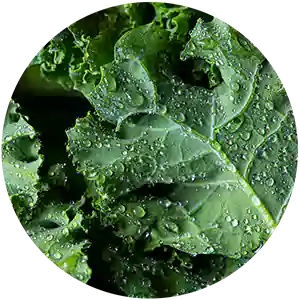A fresh approach to shopping.
Vitamin A
One term for a group of related compounds that are integral to eye health.
www.fairpriceseeduwa.com

Hi, Guest Welcome.
A fresh approach to shopping.
One term for a group of related compounds that are integral to eye health.
Vitamin A is a broad term for a group of related compounds such as retinol and retinoic acid that perform an array of functions. Best known for supporting eye health, vitamin A is involved in transmitting images to the brain and helping you see in low light.*
Carotenoids, including beta-carotene, alpha-carotene, and beta-cryptoxanthin, are present in plant foods, and can be converted into retinol by the body. Your body produces retinol most efficiently from beta-carotene.*
Alpha-carotene and beta-cryptoxanthin can also be converted into vitamin A, but only half as efficiently as beta-carotene. Lycopene, lutein, and zeaxanthin are other carotenoids that cannot be converted into vitamin A, but still offer health benefits. Beta-carotene also functions as an antioxidant, helping to protect cells from free radicals, forms of oxygen that damage the outer layer of cells. Free radicals are created in response to normal metabolism, and to exposure to toxins in cigarette smoke and air pollution, for example.

Vitamin A is necessary for maintaining the integrity of the skin, the linings of your urinary tract, lungs, and digestive system. These barriers help support your immune system. Vitamin A also supports white blood cell formation, which plays a role in immune function.
900 mcg
Recommended Dietary Allowance (RAE)


